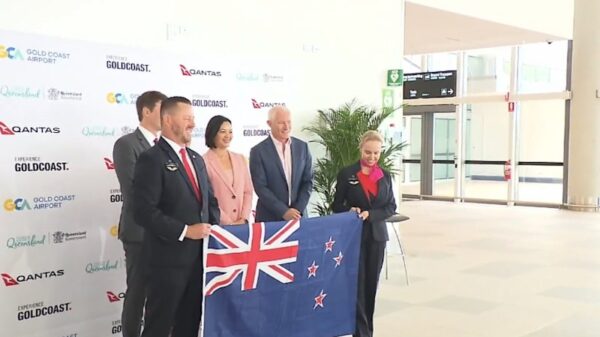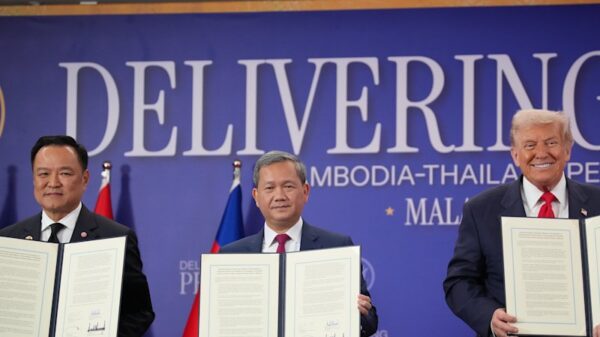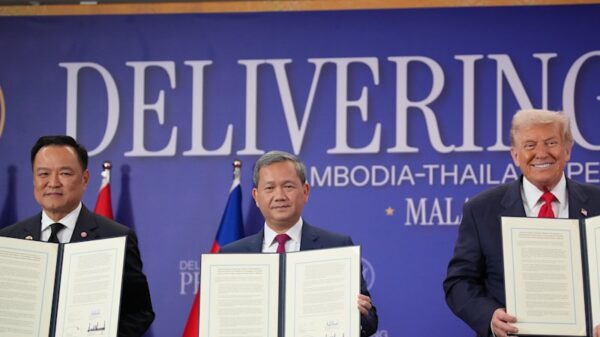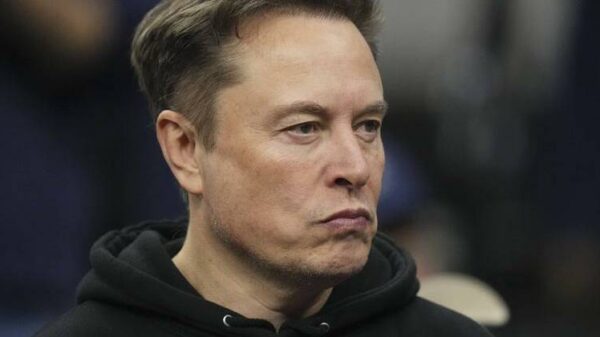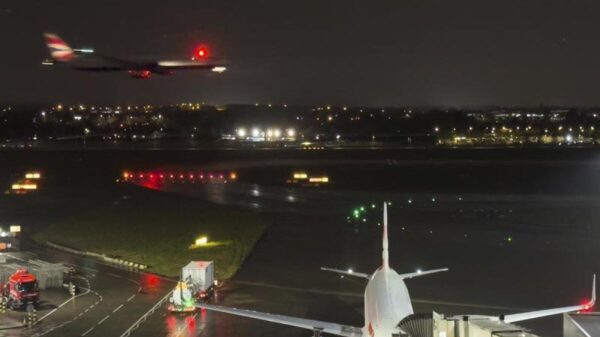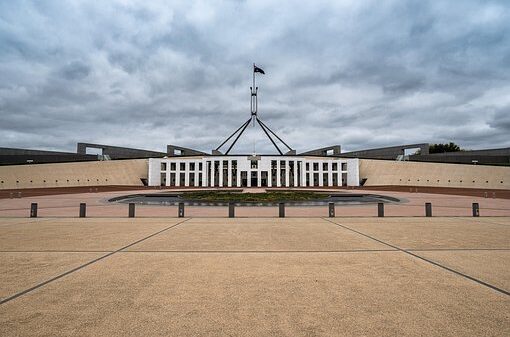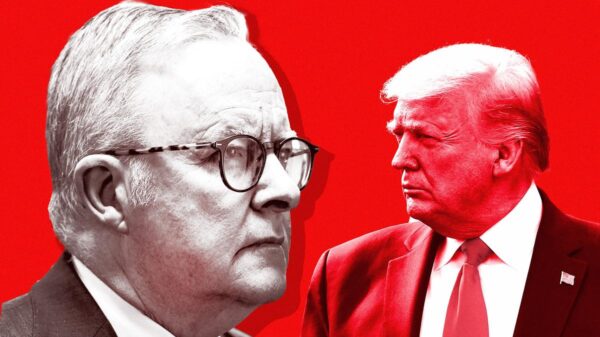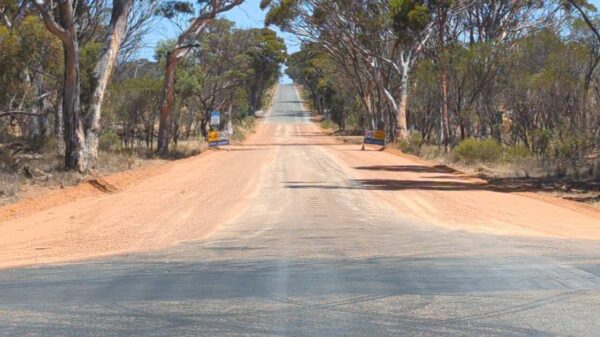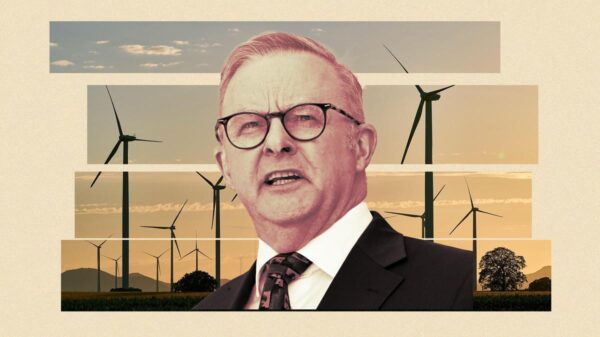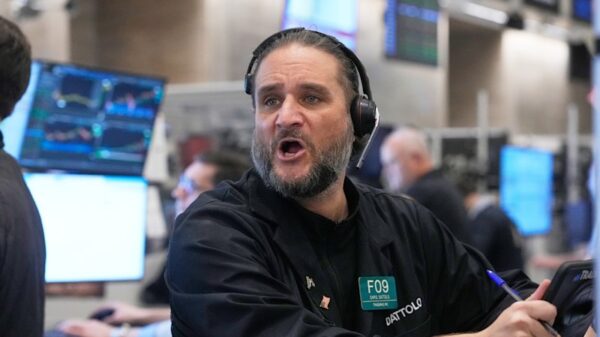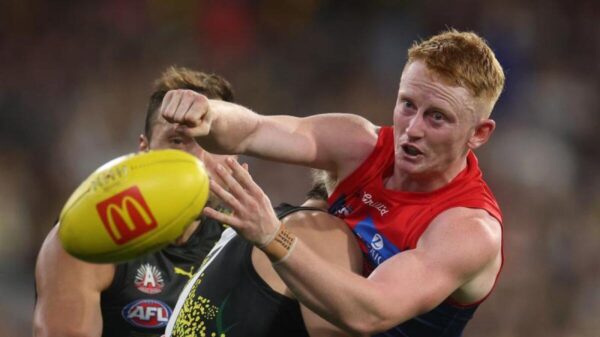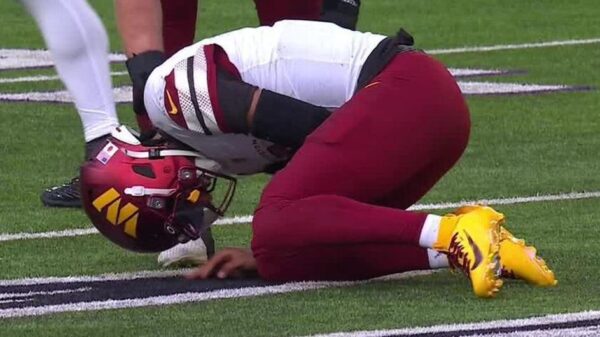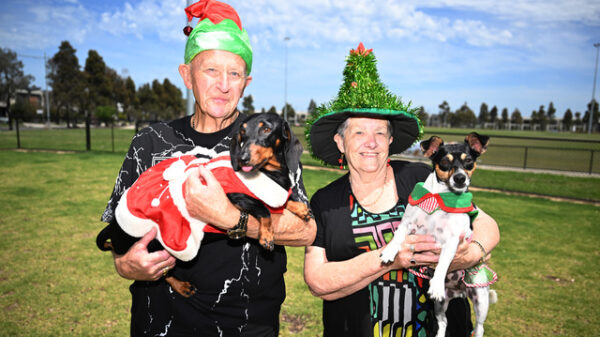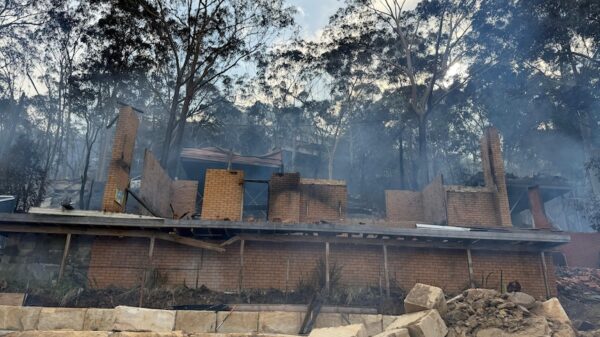Tesla has awarded CEO Elon Musk a share package valued at approximately $29 billion (around $44 billion), part of a new compensation plan aimed at retaining the billionaire leader during a significant transition for the company. This grant, consisting of 96 million new shares, is viewed as a preliminary “good faith” payment related to Musk’s previously negotiated pay package, which was invalidated by a Delaware court last year.
The court’s ruling cited shortcomings in the board’s approval process and raised concerns about fairness to investors. Following this, Musk initiated an appeal in March, arguing that the ruling contained multiple legal errors. Tesla’s annual investor meeting on November 6, 2023 will include a vote on a comprehensive CEO compensation plan.
As the world’s most valuable automaker, Tesla is navigating critical challenges as it pivots from its traditional automotive sector towards innovations in robotics and autonomous vehicle technology. Musk, who holds a 13 percent stake in the company, is key to this transition as Tesla faces declining sales and pressure on its stock price.
A special committee formed by Tesla, with Robyn Denholm as chair and independent director Kathleen Wilson-Thompson, stated that the share award is intended to enhance Musk’s voting power, which they believe is essential for maintaining his focus on Tesla’s strategic objectives. The committee expressed confidence that the new compensation framework will motivate Musk to remain dedicated to the company.
Under the terms of the share grant, the new shares will only vest if Musk continues in a senior executive role until 2027. Additionally, a five-year holding period applies to these shares, with exceptions for tax payments or the purchase price of $23.34 per share, matching the exercise price of the 2018 award. Should the Delaware courts reinstate Musk’s original performance award, the interim grant will either be forfeited or adjusted to prevent double compensation.
Critics of the new plan have raised concerns about its legitimacy. Charles Elson, founding director of the Weinberg Centre for Corporate Governance at the University of Delaware, described the share award as a mere rebranding of a previously invalidated compensation plan, stating it undermines the Delaware court’s decision.
Despite the controversies surrounding Musk’s compensation, some investors view the award positively. Gary Black, a former Tesla investor, recently commented on social media platform X that the award aligns Musk’s interests with those of shareholders and mitigates uncertainties regarding his continued leadership.
In response to the news, Tesla’s stock price increased by over 2 percent in premarket trading. Over the past decade, Tesla shares have soared nearly 2000 percent, significantly outperforming the approximately 200 percent rise of the benchmark S&P 500 index. Nevertheless, the stock has faced challenges this year, losing about a quarter of its value due to an aging vehicle lineup, intensified competition, and Musk’s controversial public statements that have alienated some consumers.
The company is also navigating the effects of recent cuts in government support for electric vehicles. Musk indicated during a post-earnings call last month that reduced subsidies could lead to “a few rough quarters” before anticipated revenues from self-driving software and services begin to materialize in late 2024. Analysts predict that Tesla may face another annual sales decline in 2025, following its first sales drop last year.
Additionally, data from S&P Global Mobility, shared exclusively with Reuters, reveals a significant decline in Tesla’s brand loyalty since Musk endorsed former U.S. President Donald Trump last summer. The relationship between Musk and Trump has since deteriorated, raising concerns about Musk’s ability to allocate sufficient time to Tesla amidst his other ventures, including the formation of a new political party.
Tesla is also facing hurdles in its ambitious robotaxi project, which recently began a limited trial in Austin, Texas with a small fleet of Model Y SUVs. However, the company lacks the necessary permits to launch similar services in California, where it recently introduced a ride-hailing service in the San Francisco Bay Area without confirming whether it would utilize self-driving technologies like those in its Austin operations.
As Tesla strives to redefine its business model, the outcome of the upcoming compensation vote and the appeal of Musk’s previous pay package will be closely watched by investors and industry observers alike.





